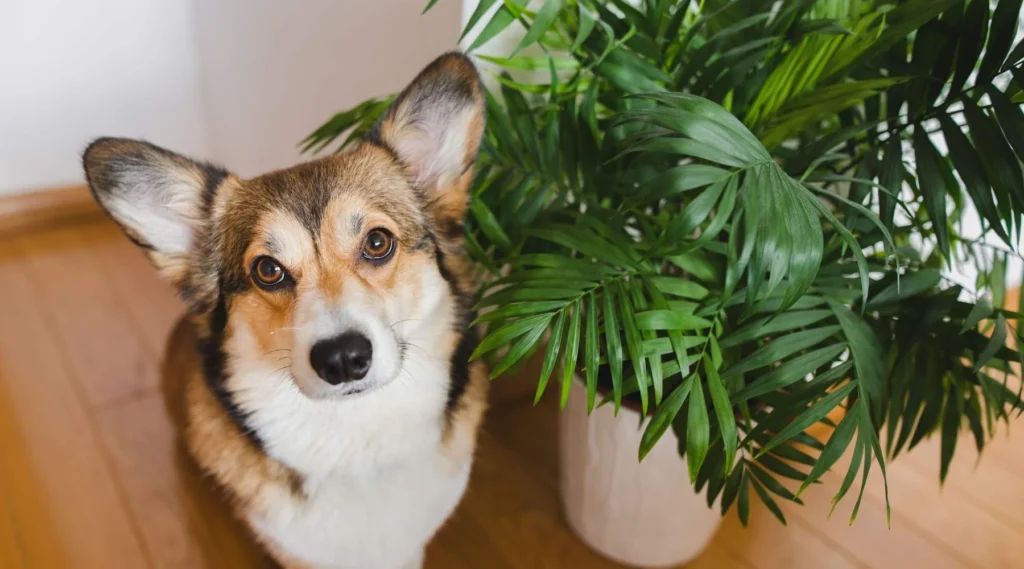Are Coneflowers Poisonous to Dogs? | Safety Guide for Dog Owners
Introduction: A Common Garden Concern
Coneflowers (also recognized through their scientific call Echinacea) are some of the maximum liked and famous plants in gardens across the world. Known for his or her putting pink petals and tall, sturdy stems, those flowers no longer handiest liven up any garden space however also are used in conventional remedy by way of humans to reinforce the immune system.
However, in case you’re a dog proprietor, it’s only herbal to fear approximately the safety of the vegetation growing in your lawn. Dogs are curious animals and frequently discover their environment by chewing on flora, flowers, and grasses. So, if you have coneflowers in your lawn, you might be wondering: Are coneflowers toxic to dogs? In this weblog publish, we can dive deep into the safety of coneflowers to your pets, offering you with all of the statistics you want to make sure your canine remains safe while nevertheless enjoying a lovely lawn.
Table of Contents
- What Are Coneflowers?
- Are coneflowers poisonous to dogs
- Potential Symptoms of Poisoning in Dogs
- Why Do Dogs Eat Plants?
- What to Do If Your Dog Eats Coneflowers
- Tips for Keeping Your Garden Safe for Dogs
- Conclusion
1. What Are Coneflowers?

Coneflowers belong to the Echinacea genus, a collection of flowering flora in the daisy circle of relatives (Asteraceae). These flowers are native to North America and are normally determined in gardens because of their colourful colorings, lengthy-lasting blooms, and capacity to draw pollinators like bees and butterflies.
The most broadly recognized coneflower species is *Echinacea purpurea*, which boasts red or pinkish petals surrounding a spiky central cone. However, coneflowers come in diverse colors, such as white, yellow, and orange, depending on the species. Besides their ornamental price, some kinds of coneflowers are used in herbal medicinal drug for his or her purported fitness blessings, in particular in boosting the immune machine and combating off infections.
Despite their popularity, in case you’re a dog proprietor, you is probably involved approximately whether those stunning plant life pose a danger in your canine’s health. Let’s explore whether these colorful blooms are secure for pets.
2. Are coneflowers poisonous to dogs

The brief and reassuring solution is: No, coneflowers aren’t poisonous to puppies. These plants do now not contain any poisonous compounds that might harm your pet if ingested.
Unlike some flowers, which includes lilies, azaleas, or sure varieties of ivy, which are acknowledged to be risky to dogs, coneflowers are considered safe for dogs. The American Society for the Prevention of Cruelty to Animals (ASPCA) lists Echinacea species as non-poisonous to each cats and puppies.
However, simply due to the fact coneflowers are non-toxic doesn’t suggest they must be consumed in massive portions. Like with any plant, if a dog eats a good sized quantity of a non-poisonous plant, it may nonetheless cause moderate digestive disillusioned, such as stomach discomfort, vomiting, or diarrhea.
It’s essential to take into account that at the same time as coneflowers are safe, other flora to your lawn might be dangerous in your pet. Always do a brief take a look at of your plant life to make sure your canine isn’t moving into whatever dangerous.
3. Potential Symptoms of Poisoning in Dogs
Although coneflowers aren’t toxic, it’s nonetheless beneficial to understand the signs of poisoning in dogs. There are several not unusual signs and symptoms to look at for if your canine has ingested some thing doubtlessly dangerous, whether it’s a non-poisonous plant in large quantities or a certainly poisonous one.
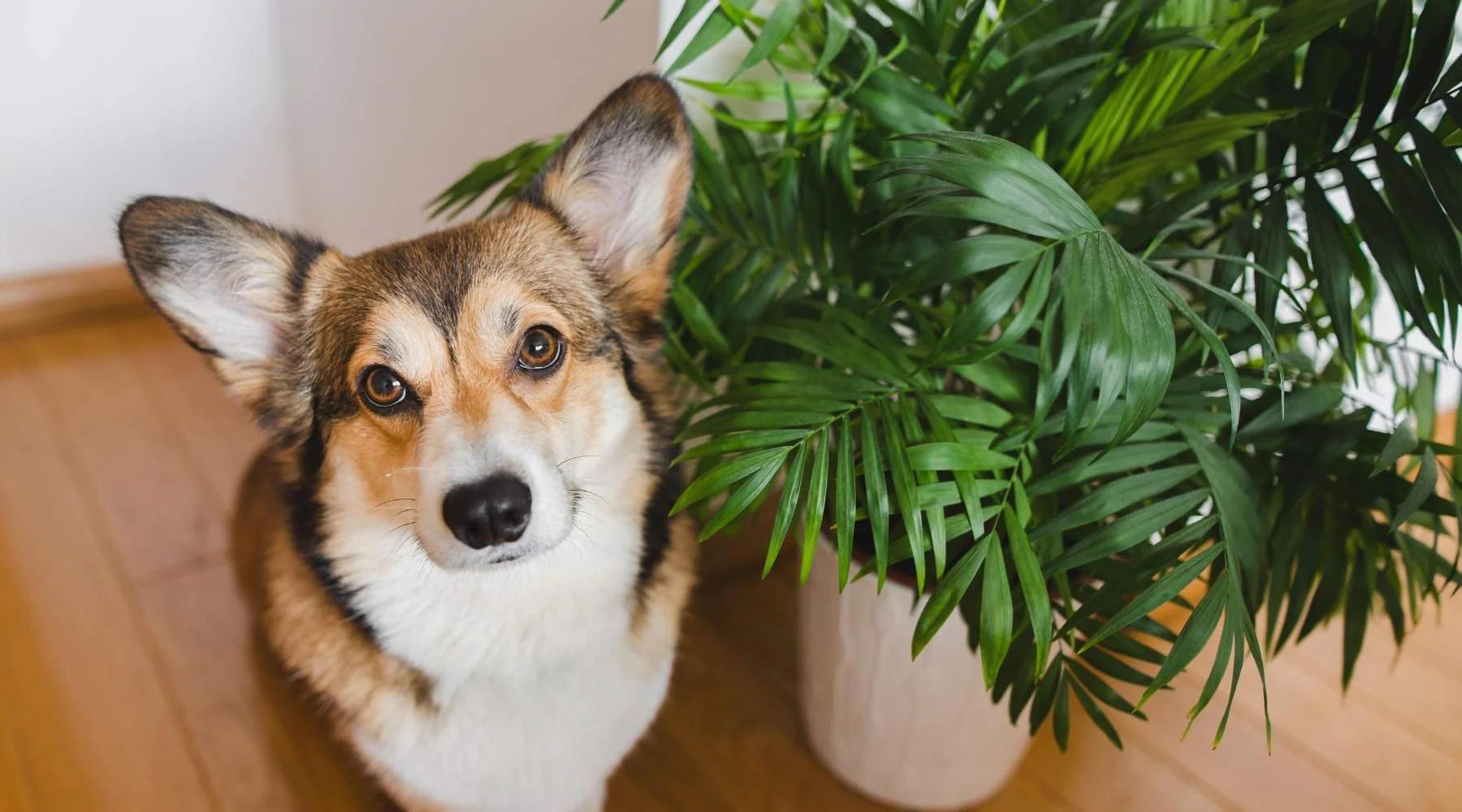
Some common symptoms of poisoning in puppies consist of:
- Vomiting: Frequent or forceful vomiting is a common signal that your dog’s stomach is disappointed or reacting to some thing harmful.
- Diarrhea: If your dog’s digestive gadget is disturbed, diarrhea might also follow.
- Excessive drooling: Unusual salivation can arise if your canine ingests something that disagrees with them.
- Lethargy: If your canine appears strangely worn-out or susceptible, this may be a signal of poisoning or illness.
- Loss of urge for food: Dogs which are sick regularly refuse to devour their usual food.
- Abdominal ache or bloating: If your canine seems to be in ache when their stomach is touched or is bloated, it’s a motive for problem.
If you note any of these signs after your dog eats some thing from your garden, it’s important to contact your vet right now. Your veterinarian can assist decide whether or not the symptoms are a result of ingesting something from the garden or any other problem entirely.
4. Why Do Dogs Eat Plants?
Dogs are curious creatures, and it’s herbal for them to discover their surroundings via sniffing, chewing, and tasting different things. If your canine is chewing on vegetation, it’s possibly that they’re just investigating their surroundings. However, there are some particular reasons why puppies might be extra willing to devour flowers, inclusive of:
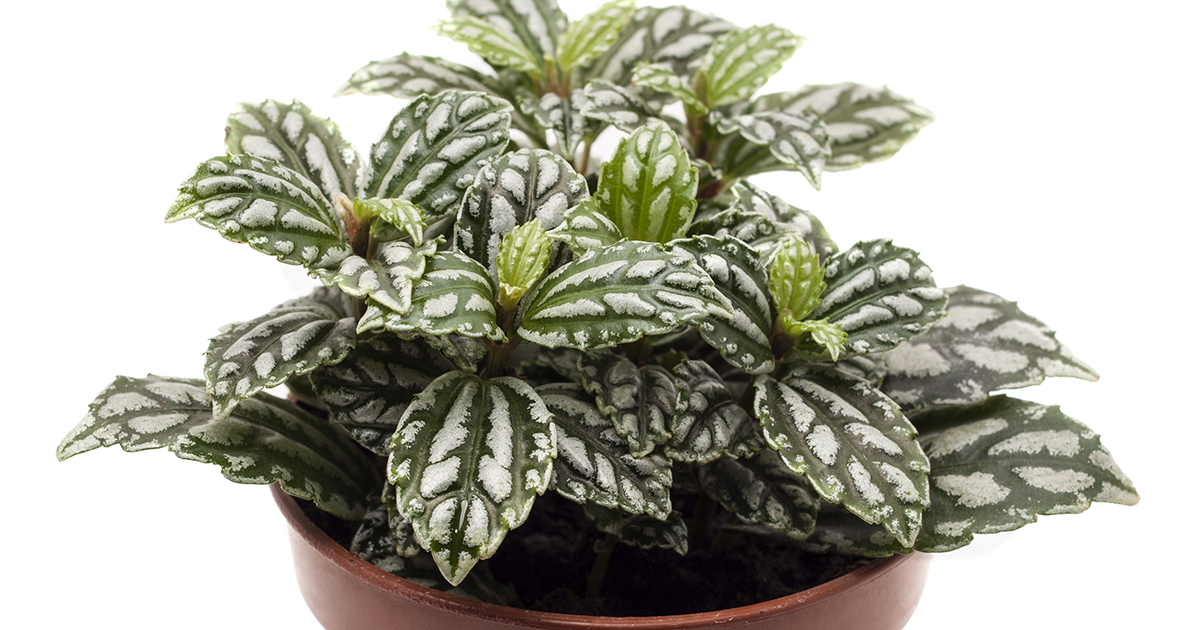
- Curiosity: Dogs love to explore and often chew on vegetation simply because they’re there and they’re curious.
- Boredom: If a canine isn’t mentally stimulated or doesn’t have enough bodily pastime, they will bite on flowers as a manner to pass the time.
- Upset belly: Some dogs consume grass or plant life after they have an disillusioned stomach. The ingestion of flowers may help result in vomiting or relieve nausea.
- Pica: Pica is a circumstance wherein puppies consume non-meals gadgets like flowers, dust, or different uncommon gadgets. This can from time to time indicate a dietary deficiency or different health trouble.
If your canine is regularly ingesting plant life, it can be worth looking into their universal food regimen or speakme in your vet to ensure they’re getting the whole thing they want to stay healthy.
5. What to Do If Your Dog Eats Coneflowers
Even though coneflowers are not poisonous, it’s nonetheless critical to recognize what steps to take in case your dog eats part of one. Here’s what you ought to do:
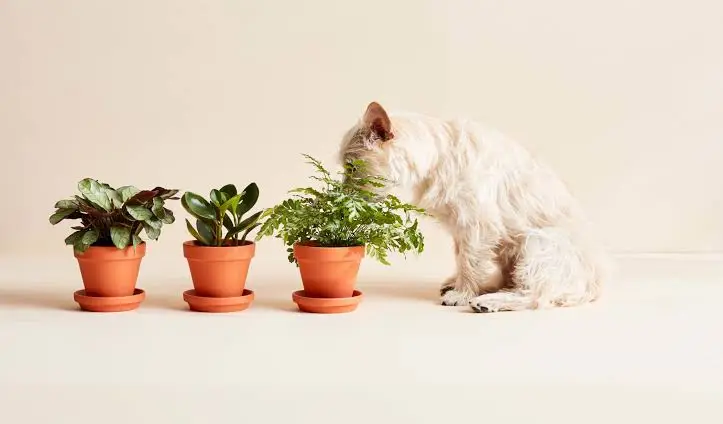
- Observe Your Dog: Keep an eye to your dog for any uncommon behavior or signs of discomfort. Since coneflowers are non-toxic, maximum puppies received’t revel in any bad effects. However, some may additionally enjoy slight gastrointestinal dissatisfied in the event that they consume a massive quantity.
- Call Your Veterinarian: If you’re uncertain about the quantity of coneflower your canine has eaten or in the event that they display signs of discomfort (like vomiting or diarrhea), it’s always exceptional to call your veterinarian. They can guide you at the excellent route of action.
- Prevent Future Incidents: If your dog has a habit of eating plants, it’s an excellent idea to make certain they don’t have get right of entry to to the place where coneflowers or other flora are developing. You can install boundaries or fences round garden beds to prevent them from getting access to doubtlessly harmful plants.
6. Tips for Keeping Your Garden Safe for Dogs
While coneflowers themselves are safe, developing a dog-pleasant garden requires a little greater attempt. Here are a few hints to assist ensure your garden is a secure environment in your dog:
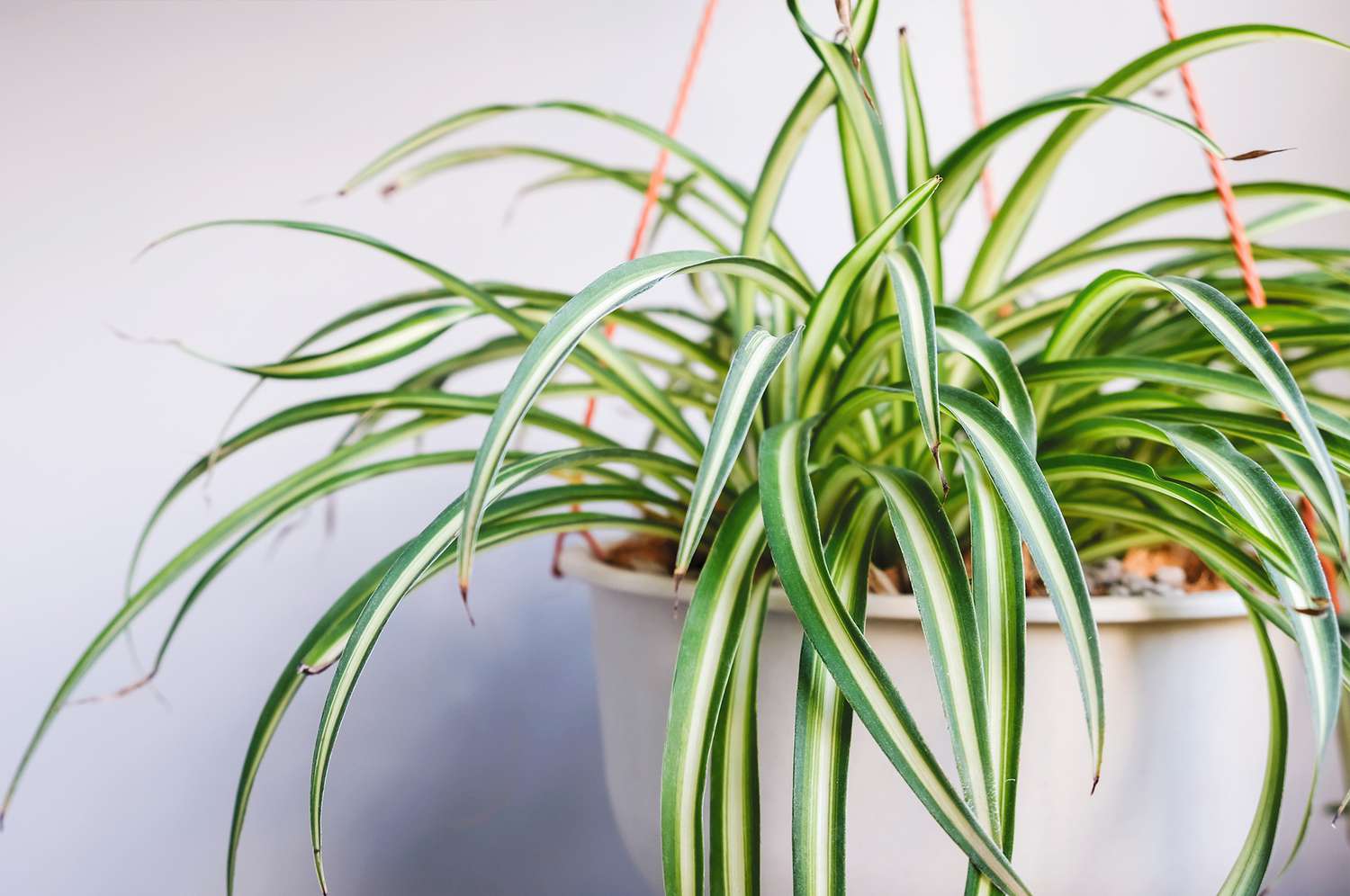
- Research Plant Safety: Always studies the protection of the flowers you’re growing. Many lovely lawn vegetation are poisonous to dogs, inclusive of lilies, azaleas, and hydrangeas. Before planting, test the ASPCA’s list of toxic and non-poisonous vegetation.
- Create a Dog-Friendly Area: If your dog enjoys spending time to your garden, create a committed area for them to roam. Make positive this region is free of harmful flora and consists of canine-friendly capabilities like shady spots and masses of water.
- Use Fencing or Barriers: Install fences or boundaries round garden beds to prevent your canine from having access to plant life that might not be secure.
- Regular Monitoring: Regularly take a look at your flora for symptoms of chewing or harm resulting from your canine. If you be aware that your canine is often nibbling on vegetation, attempt to decide if they may be ingesting something that would cause harm.
7. Conclusion: Enjoy Your Garden with Peace of Mind
To conclude, cone-flora aren’t toxic to dogs, so you can relax knowing that those lovely blooms are safe to your pet. Still, continually preserve a watch on your dog to ensure they aren’t eating too much of anything, and remember of different flora to your garden that might potentially be poisonous.
With a bit precaution and care, you may create a canine-pleasant lawn wherein both you and your hairy buddy can revel in nature without fear. Happy gardening and pet parenting!
This certain weblog post provides a complete look into the protection of coneflowers around puppies, imparting treasured insights for canine proprietors and lawn lovers alike. I wish it allows you experience assured in growing a safe and fun surroundings for each your flowers and your dog.

